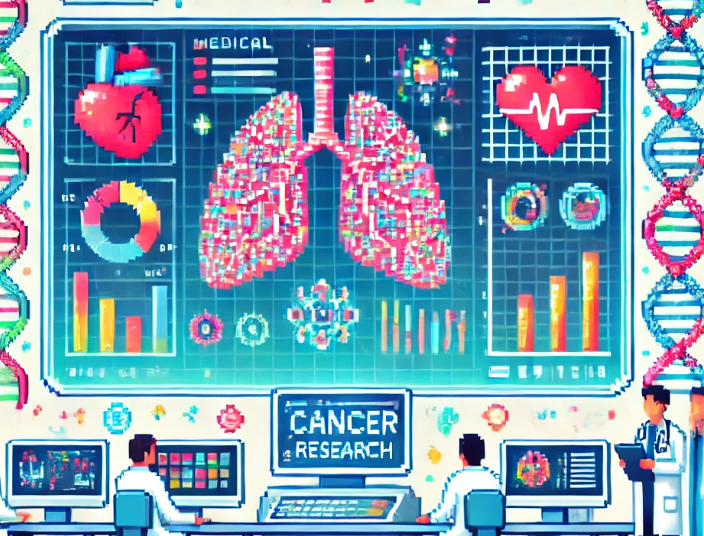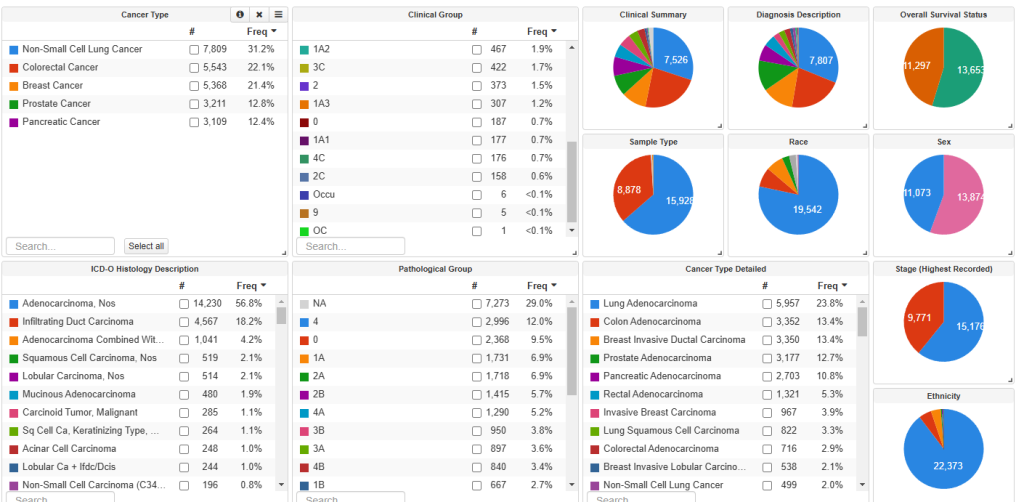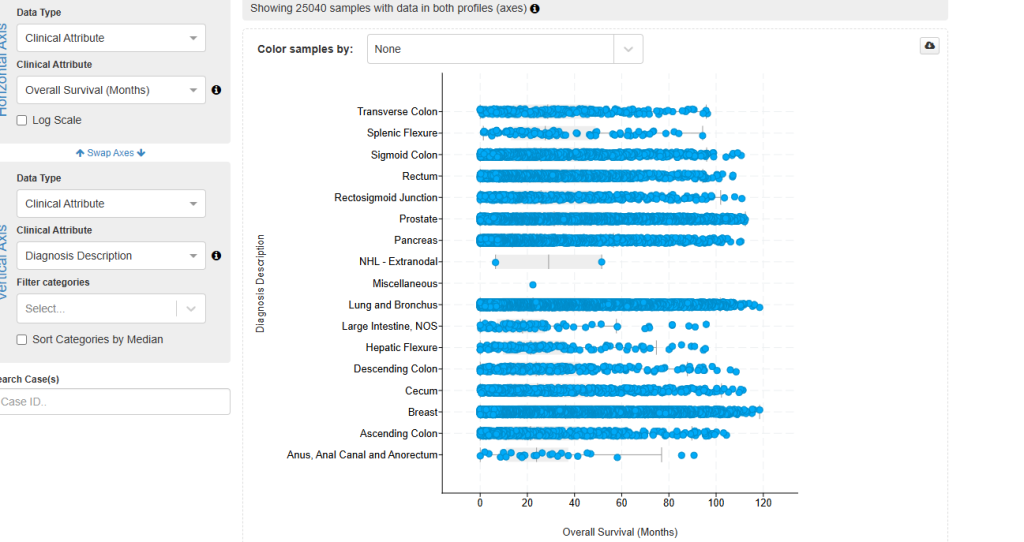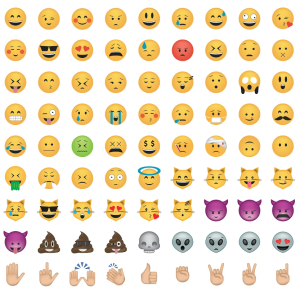
Revolutionizing Cancer Care with Real-World Data
Imagine if every detail of a cancer patient’s journey—doctor’s notes, radiology reports, genetic profiles—could be transformed into a treasure trove of knowledge. That’s exactly what a groundbreaking dataset called MSK-CHORD promises. Developed by researchers at Memorial Sloan Kettering Cancer Center, this powerful tool combines real-world data with cutting-edge artificial intelligence (AI) to change how we predict, treat, and understand cancer.
For decades, cancer researchers have struggled with fragmented data. Electronic health records, radiology images, and genetic tests often live in silos, making it hard to see the full picture. MSK-CHORD breaks down these barriers, offering a cohesive dataset of over 24,000 patients. But what does this mean for you and me? It’s a revolution that could save lives by enabling more precise and personalized care.
From Chaos to Clarity: The Power of Data Integration
Think of cancer care like assembling a jigsaw puzzle. Each piece—symptoms, treatments, genetic mutations—offers part of the story, but you need the full set to understand the picture. Traditionally, piecing together these fragments required painstaking manual work. MSK-CHORD changes that by using natural language processing (NLP), a type of AI that turns unstructured text like doctor’s notes into structured, usable data.
For instance, the dataset includes insights from over 700,000 radiology reports. Researchers trained AI to detect patterns like tumor progression or metastasis sites faster and more accurately than humans. This isn’t just about convenience—it’s about catching life-threatening changes in time to act.

One fascinating discovery involved patients with lung cancer treated with immunotherapy. The AI uncovered a connection between a specific genetic mutation (SETD2) and lower metastatic potential. This insight was later validated in independent datasets, showing the AI wasn’t just smart—it was right.
Predicting Outcomes Like Never Before
Why is this such a big deal? Traditional cancer prognostics rely heavily on broad measures like tumor stage. While helpful, these methods can’t always predict individual outcomes. MSK-CHORD flips the script by integrating multiple data types—genomics, radiology, and even text from physician notes—to create nuanced survival models. These models outperform traditional methods, offering hope for more tailored treatments.
For example, by analyzing features derived from NLP, researchers could predict overall survival rates more accurately than using genomic data alone. This matters because better predictions mean better decisions—like choosing the right treatment at the right time.
What Does This Mean for Patients?
Picture a woman named Maria who was diagnosed with early-stage breast cancer. She and her doctors face countless questions: Will the cancer spread? Which treatment offers the best chance of success? Traditionally, these decisions involved a mix of medical judgment and limited data.
With tools like MSK-CHORD, Maria’s doctors could use AI-driven models to analyze her unique genetic and clinical profile. They’d predict her risk of recurrence and recommend a treatment plan backed by evidence—not guesswork. This precision doesn’t just improve outcomes; it gives patients like Maria the confidence that every decision is the right one.
Breaking New Ground in Metastasis Research
Metastasis—the spread of cancer to other parts of the body—is the leading cause of cancer deaths. MSK-CHORD is shedding new light on this critical issue. By analyzing massive amounts of data, researchers discovered genetic predictors of metastasis to specific organs. For example, mutations in the gene RB1 were linked to brain and liver metastases in certain cancers.
This knowledge could lead to targeted surveillance strategies—like more frequent brain scans for patients at high risk—or even new therapies to block metastasis before it starts.
Join the Conversation
As we unlock the power of real-world data, we’re left with exciting questions:
- How can we ensure that datasets like MSK-CHORD are accessible to researchers around the globe?
- What ethical considerations should guide the use of AI in predicting cancer outcomes?
We’d love to hear your thoughts. Share your insights in the comments and help us shape the future of cancer care.
Why This Matters Now
Cancer is personal. Whether it’s a friend, family member, or yourself, the disease touches nearly everyone. MSK-CHORD offers hope not just by advancing science but by making cancer care more human. By combining the power of AI with real-world data, we’re taking a giant leap toward a future where every patient gets the care they deserve.
Explore the data for yourself here.

Unlock Science Secrets:
Discover revolutionary research and innovative discoveries with ‘This Week in Science’! Designed for educators and science lovers, our free weekly newsletter offers insights that can transform your approach to science. Sign up now and deepen your understanding and passion for science. If you liked this blog, please share it! Your referrals help This Week in Science reach new readers.



